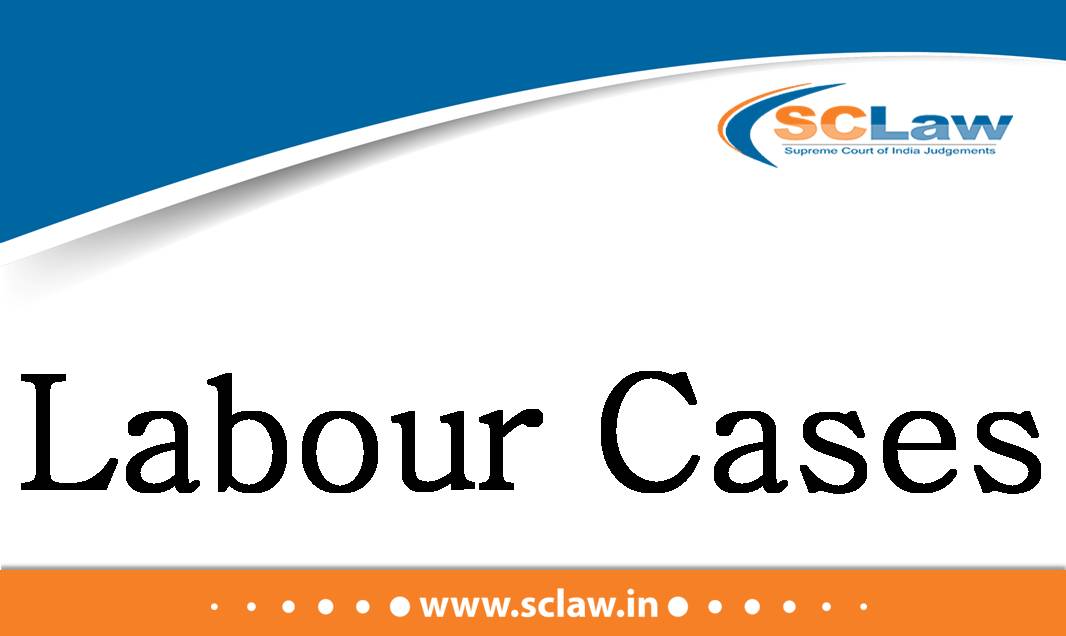Employees State Insurance Act, 1948 – Section 1(6) – Demand notice – Sub-section (6) of Section 1 therefore, shall be applicable even with respect to those establishments, established prior to 31.03.1989/20.10.1989 and the ESI Act shall be applicable irrespective of the number of persons employed or notwithstanding that the number of persons employed at any time falls below the limit specified by or under the ESI Act.
SUPREME COURT OF INDIA DIVISION BENCH THE ESI CORPORATION — Appellant Vs. M/S. RADHIKA THEATRE — Respondent ( Before : M.R. Shah and C.T. Ravikumar, JJ. ) Civil Appeal No.…

